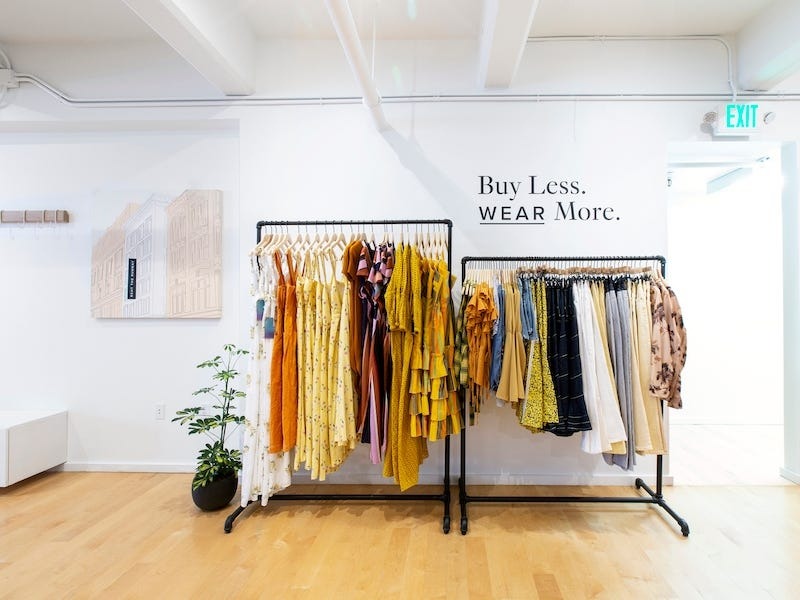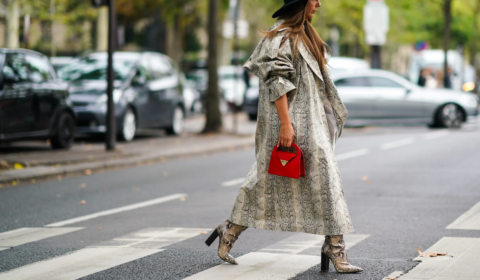Renting an outfit is fast becoming the answer to tackling the fashion industry’s sustainability problem, offering an environmentally friendly way to dress amidst the current climate crisis.
We’re all very much aware that sustainable fashion is on the rise. In the last decade, the industry has embarked upon a massively progressive period of change, ditching traditional production methods in favour of cruelty-free and eco-friendly alternatives.
But you knew that already didn’t you? If you didn’t, even though it’s all anyone can talk about at the moment, click here for more info because I’m here to give you a run-down on rental fashion and why it’s the next best thing in tackling the industry’s sustainability problem.
Fast fashion has come under a lot of fire over and over again for contributing to climate change recently with cheap, mass-made products that are often unethical and highly damaging for the planet.
Thankfully however, as major and independent brands alike are realising, there are plenty of ways to sell stylish items without causing suffering to animals, endangering workers, or destroying the environment. And rental fashion is one of them.
Renting an outfit is changing the way we shop and in doing so, has fast become the answer to reducing waste and being more considerate towards the earth.
It’s also a lot more than simply using one of the various websites available to us now such as Hurr and Girl Meets Dress which lend designer items to people for a discounted price. Despite the fact this is incredibly forward thinking in dealing with the issue of throwaway-culture during event season when people splurge on clothes that they’re most likely to only wear once, I don’t think it’s quite good enough.


Hear me out. Although it’s definitely a step in the right direction, what about those of us who still can’t afford the rental prices? It’s not exactly cheap to borrow a Dior dress for a night.
If we really want to limit our fast fashion intake, our best bet is to push for more rental services from lower-end brands and chains: chains that are constantly churning out thousands upon thousands of the same item in a very short time span just because it’s trending on Instagram for example. That way, if you must keep buying from these stores, at least it’s that little bit less detrimental for our environment.





















